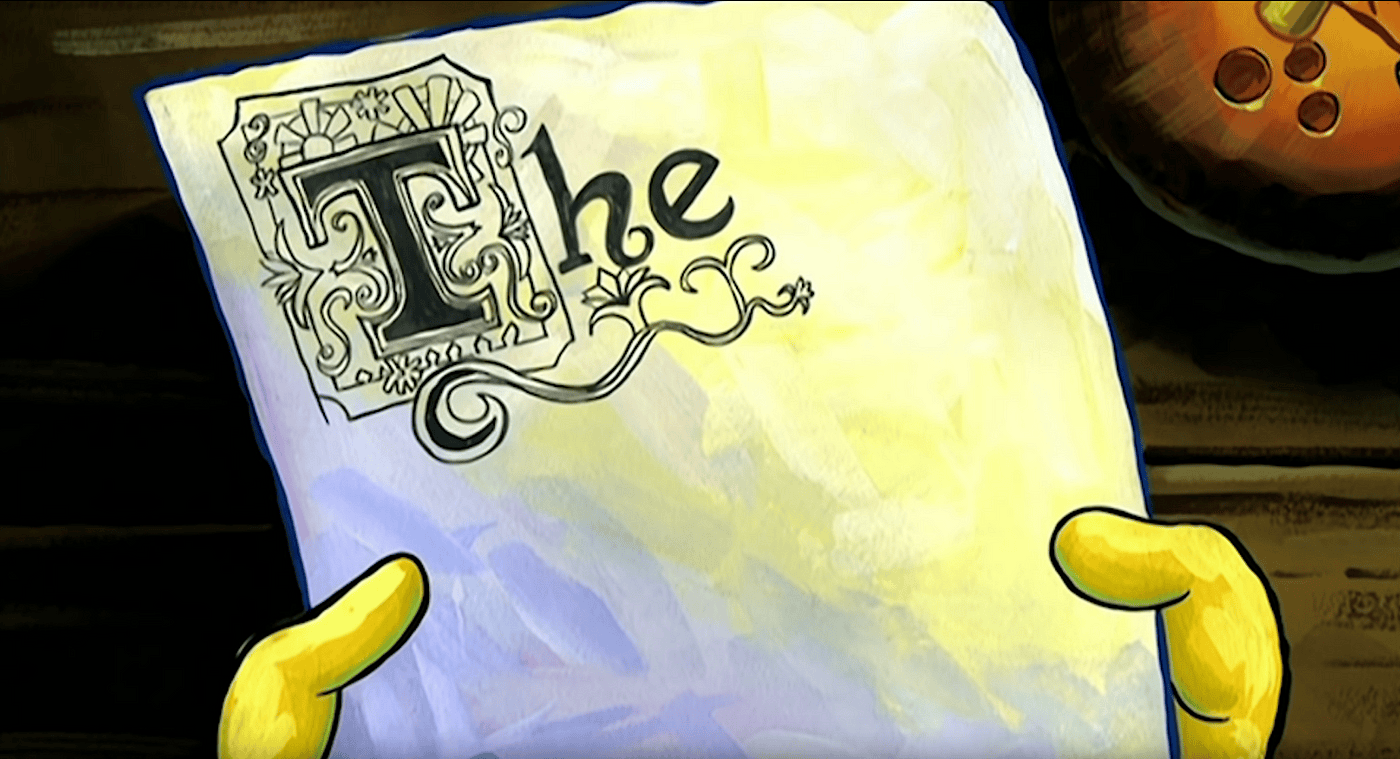The Writer's Dilemma
Author: Mohammad Ali

Have you ever sat in front of your computer for what seems like an endless number of hours, or literally sat there for hours and only managed to write one word? If so, you’ve experienced writer’s block. One of the best depictions of writer’s block, in my opinion, is an episode of SpongeBob SquarePants where he procrastinates for hours and only writes the word “The” in a fancy way.
For graduate students, writer’s block is one of our worst enemies, especially when we have a deadline to submit a manuscript to a journal or when writing our thesis. The anxiety the block generates only worsens the situation.
However, there are strategies to help overcome writer’s block. The first step is to try to identify the cause, which requires some introspective thinking. For instance, fear of negative criticism from peers and supervisors can lead to perfectionism, which harms writing ability. Other causes might include feeling overwhelmed by the project's size or being distracted by social media, which reduces your ability to focus and hinders productivity. Once you identify the root cause of your writer’s block, you can start developing solutions.
Here are some tips to help you start writing:
- Reframe your thinking regarding the project. While writing a manuscript or thesis is indeed a significant undertaking, try to reframe it in a less stressful way. Free write whatever knowledge you have on the topic, even if it seems disjointed. This can help get your thoughts flowing.
- Create a dedicated writing zone. Set up a specific place in your room or available space where you only write. Ensure this space has minimal distractions; avoid bringing your phone, tablet, or other items that might tempt you away from your work.
- Establish a routine. Set a specific time each day for writing and stick to it. Consistency can help build a productive habit and train your brain to be creative at set times.
- Talk it out. If you’re stuck, discuss your ideas with peers. Note down these discussions, as they can provide a skeleton to expand upon later.
- Break down the project into manageable chunks. Large projects can be overwhelming, so divide them into smaller tasks and focus on completing one section at a time. This approach can make the work feel more attainable and less intimidating.
- You must take breaks. Take a walk, watch a funny movie, or anything else that allows you to take a step back and recharge.
Overcoming writer’s block is a personal journey, and you may need to try different approaches before finding what works best for you. Hopefully, some of these tips will guide you in the right direction and help you overcome writer’s block.